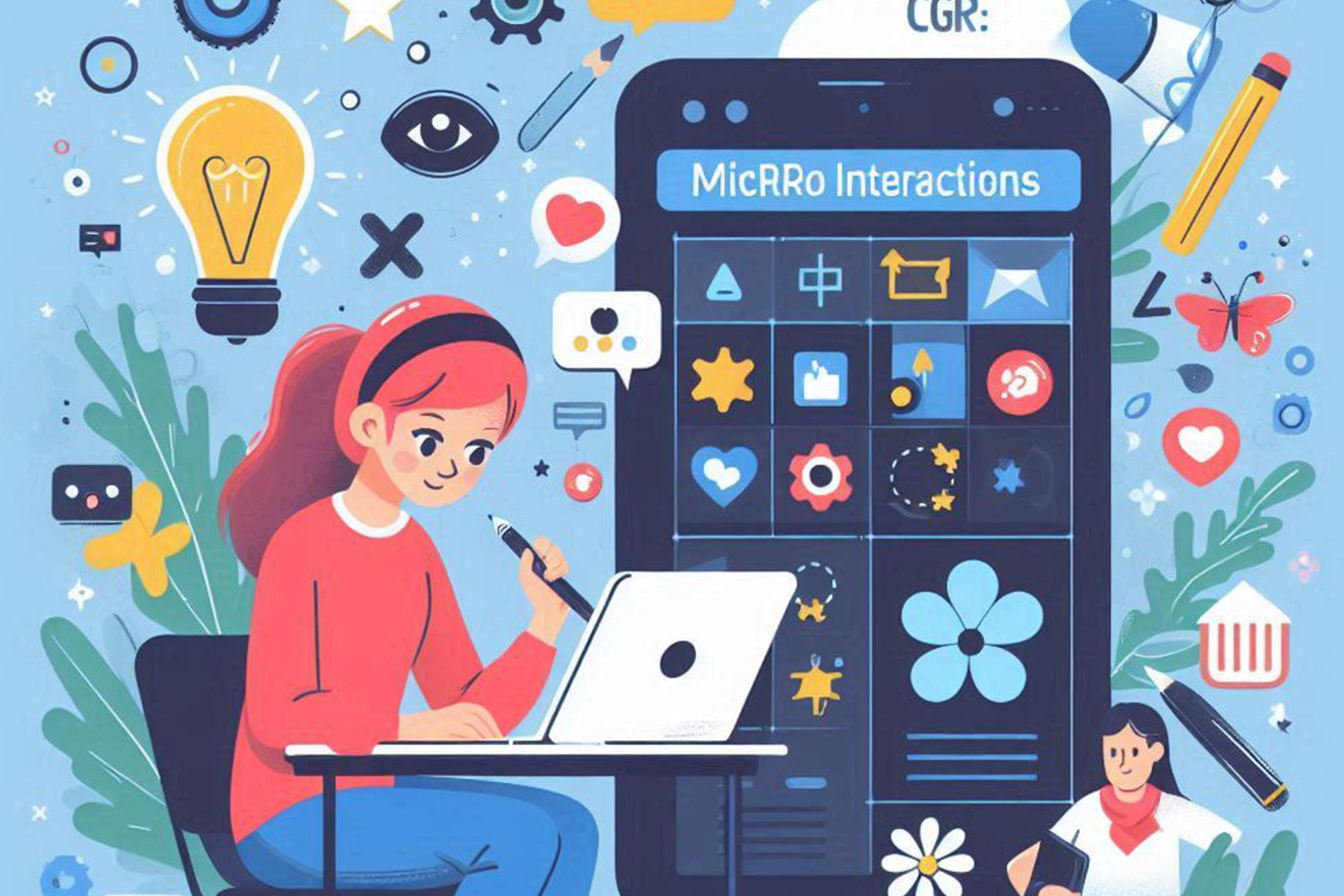How to Create Stunning Visuals for Social Media: A Designer's Guide
By Kainat Chaudhary
In today's digital age, creating stunning visuals for social media is essential for capturing attention and engaging audiences. As a UI/UX and Graphic Designer, I understand the impact that well-designed visuals can have on a brand's online presence. In this guide, I'll share my tips and techniques for creating eye-catching visuals that stand out on social media platforms.
Understanding Your Audience
The first step in creating stunning visuals is understanding your audience. Know their preferences, interests, and what type of content resonates with them. This knowledge will guide your design choices, ensuring that your visuals are tailored to your target audience.
- Research audience demographics
- Analyze engagement metrics
- Identify popular content types
Choosing the Right Tools
Having the right tools is crucial for creating professional-quality visuals. There are numerous design tools available, each with its own strengths. Some of my favorites include Adobe Photoshop, Illustrator, Canva, and Figma. These tools offer a range of features for creating and editing visuals, from simple graphics to complex illustrations.
- Adobe Photoshop: for photo editing and graphic design
- Adobe Illustrator: for vector graphics and illustrations
- Canva: for easy-to-use templates and design elements
- Figma: for collaborative design and prototyping
Design Principles for Social Media
When designing for social media, it's important to follow key design principles to ensure your visuals are effective and appealing. Here are some principles to keep in mind:
- Simplicity: Keep your designs clean and uncluttered.
- Contrast: Use contrasting colors to make your visuals pop.
- Alignment: Ensure elements are properly aligned for a professional look.
- Hierarchy: Highlight important information with size and placement.
Creating Engaging Content
Engagement is key on social media. Create content that encourages interaction, whether through likes, shares, comments, or clicks. Use visually appealing elements such as high-quality images, eye-catching typography, and vibrant colors to grab attention and draw viewers in.
"Design is not just what it looks like and feels like. Design is how it works." - Steve Jobs
Optimizing for Different Platforms
Each social media platform has its own specifications for image sizes and formats. Ensure your visuals are optimized for the platform you're posting on to avoid issues with cropping or low resolution. Familiarize yourself with the recommended dimensions for platforms like Instagram, Facebook, Twitter, and LinkedIn.
- Instagram: 1080x1080 pixels (square), 1080x1350 pixels (portrait)
- Facebook: 1200x630 pixels (shared image)
- Twitter: 1024x512 pixels (shared image)
- LinkedIn: 1200x627 pixels (shared image)
Utilizing Branding Elements
Consistency is key in branding. Use your brand’s colors, fonts, and logo consistently across all your social media visuals. This not only reinforces your brand identity but also makes your content easily recognizable to your audience.
- Consistent use of brand colors
- Incorporate brand fonts
- Include your logo in visuals
Incorporating Trends
Stay updated with the latest design trends to keep your content fresh and relevant. Trends such as minimalism, bold typography, and vibrant gradients can give your visuals a modern and appealing look. However, always ensure that the trends align with your brand’s identity and message.
- Minimalism: Clean and simple designs
- Bold Typography: Eye-catching text elements
- Vibrant Gradients: Colorful and dynamic backgrounds
Creating stunning visuals for social media requires a combination of creativity, strategy, and technical skills. By understanding your audience, choosing the right tools, following design principles, and staying updated with trends, you can create visuals that captivate and engage your audience. Remember, the goal is to create content that not only looks great but also communicates your brand’s message effectively.

Color Theory in UI/UX Design: Choosing the Right Palette for Your Project
Discover the essentials of color theory in UI/UX design and learn how to choose the perfect color palette for your project. Explore color harmonies, the psychology of colors, and tools for creating stunning palettes.

From Concept to Creation: The Journey of a Successful Logo Design
Explore the journey of designing a successful logo, from understanding the brand to creating the final design. Learn the key steps and strategies involved in this comprehensive process.

The Role of Microinteractions in Enhancing User Experience
Discover how microinteractions can significantly improve user engagement and satisfaction. Learn how these small, subtle design elements contribute to a more intuitive and delightful user experience.

Harnessing the Power of SEO and Social Media for Enhanced Online Visibility
Explore how integrating SEO and social media strategies can amplify your online presence. Discover practical tips for optimizing your content for search engines while leveraging social media platforms to drive traffic and engagement.